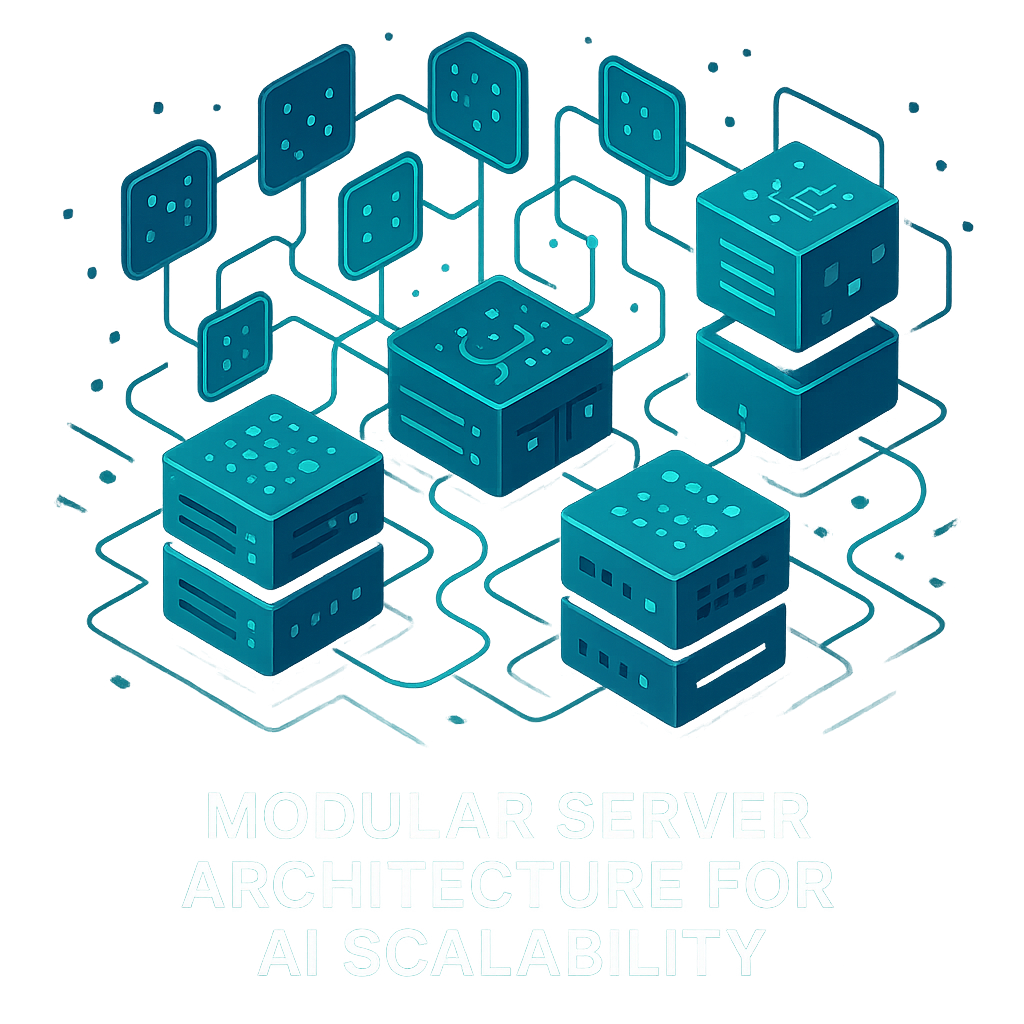What to Expect When You Hire a Team for Custom Software Development Services

Introduction
Hiring a team for custom software development services can feel overwhelming—especially if it's your first time navigating build cycles, technical requirements, or vendor partnerships. But when done right, this collaboration becomes a powerful driver of innovation, efficiency, and long-term growth.
Whether you’re a startup founder, product manager, or CIO, knowing what to expect upfront makes the process smoother and the results stronger.

Why Choose Custom Software Development?
Custom development allows you to build software that fits your business like a glove. Instead of forcing your operations to adapt to rigid tools, you get:
- Features tailored to your unique workflows
- Seamless integration with existing tools and platforms
- Ownership of your technology and IP
- Scalable architecture that evolves with your business
- A long-term asset that aligns with your competitive edge
This approach is particularly impactful for businesses in competitive markets like app development in Calgary or seeking personalized solutions from an affordable software development agency in the UK. These businesses demand flexibility, speed, and relevance—qualities that off-the-shelf platforms often lack.
What to Expect: Step-by-Step Breakdown
1. Discovery & Planning
This is where your development team learns about your business, challenges, and goals.
Expect:
- In-depth interviews with stakeholders
- User journey mapping and process documentation
- Defining business outcomes, not just features
The best partners (like those focused on AI-assisted software development) use this phase to explore both what to build and why it matters. This is the stage where alignment is everything. If the team doesn’t understand your goals, the product will miss the mark.
2. Technical Scoping
Once business needs are clear, the team defines the technical direction:
- Architecture plans
- Tech stack selection (e.g., React, Python, Kubernetes)
- Timeline and resource estimates
- Initial feature breakdown and dependencies
If you're working with an AI automation agency, this is also where AI feasibility, ethical implications, and data strategy are mapped out. The goal here is to ensure that the tech matches the vision, especially when using AI-augmented software development.
3. Design & Prototyping
The next step is to create user-centric designs that bring the concept to life visually.
You’ll receive:
- Wireframes and high-fidelity prototypes
- Clickable demos for early validation
- Visual guidelines (color palettes, fonts, icons)
This is a collaborative process. Expect multiple feedback loops as the team iterates based on your input. The prototype isn’t just a mockup—it’s a foundation for functionality and user experience.
4. Development Sprints
Now the coding begins. Using Agile or Scrum methodologies, your software is built in iterations or "sprints."
Expect:
- Sprint planning sessions
- Weekly or biweekly updates
- Transparent task tracking (via Jira, Trello, or ClickUp)
- QA involvement early in the process
If your vendor embraces AI-augmented software development, you may notice faster delivery cycles, smarter error handling, or predictive testing. These teams often use AI to automate repetitive coding tasks or identify potential bugs before they ship.
5. Testing & Quality Assurance
This is not just about functionality. QA ensures your software is robust, scalable, and secure.
The process includes:
- Manual and automated testing
- Unit, integration, and regression tests
- Security audits and performance benchmarks
- UI/UX testing for real-world usability
A mature development team doesn’t just test the happy path—they simulate stress scenarios and unexpected user behavior.
6. Deployment & Training
Once the product passes QA, it’s ready for launch.
You can expect:
- Deployment to cloud infrastructure (AWS, GCP, Azure)
- Release documentation and environment configuration
- Admin and end-user training sessions
- A structured post-launch support window
Vendors with strong DevOps capabilities may also handle CI/CD pipelines, monitoring dashboards, and rollback mechanisms as part of their deployment stack.
7. Post-Launch Support & Iteration
Your software is live, but the journey isn’t over.
Good teams stick around to:
- Monitor early feedback and performance
- Fix bugs or configuration issues
- Propose Phase 2 or Phase 3 improvements
- Offer long-term support contracts
If you’re building mission-critical tools, your team should also provide SLAs (service-level agreements) with clear uptime and response guarantees.

The Role of AI and Automation
Modern development firms increasingly integrate AI at every phase. Here's how:
- AI-assisted software development speeds up initial coding
- AI automation agencies handle tasks like intelligent form parsing or data classification
- AI-augmented development tools reduce human error in QA and performance optimization
These advances improve delivery time, cost-efficiency, and product quality—especially for clients seeking modern, scalable applications.
Choosing the Right Development Team
You don’t just want a team that can code. You want a strategic partner.
Here’s what to look for:
- A track record with custom software development services across domains
- Proven success in your region or niche (e.g., app development in Calgary or UK tech startups)
- Fluency with emerging technologies like AI, cloud-native architectures, and DevOps
- Clear documentation practices and onboarding support
Some of the best teams come from highly flexible ecosystems like an affordable software development agency UK clients trust for speed and cost-effectiveness.
Common Mistakes to Avoid
- Skipping discovery: Without business clarity, the product will miss the mark.
- Underestimating QA: Bugs post-launch cost 6x more to fix than pre-launch.
- Poor communication: Gaps in expectations can lead to delays or misalignment.
Over-scoping MVPs: Focus on value, not volume, in your first release.
Real-World Example: From Frustration to Flow
A Canadian healthcare startup approached us with a request to modernize their outdated scheduling system. After in-depth planning and collaboration, we delivered:
- A mobile-friendly dashboard
- Real-time availability management
- AI-based appointment predictions for high-volume clinics
Within 60 days of launch, admin time was down 30%, patient satisfaction rose, and the client began planning their next phase.
Cost Considerations
Custom software isn't cheap—but it's cost-effective when compared to:
- Repeated licensing for off-the-shelf tools
- Inefficient manual workflows
- Poor customer retention due to generic experiences
To manage costs, experienced firms often offer:
- Modular project planning
- Phased releases (MVP-first)
- Transparent pricing with time and materials estimates
Questions to Ask Before You Hire
- What industries have you served?
- Can you show examples of similar work?
- How do you handle post-launch changes?
- Do you use any AI-augmented or automated tools in development?
- What happens if our timelines shift?
Final Thoughts
Hiring a team for custom software development services isn’t just about getting to launch—it’s about ensuring that what you launch is the right thing for your users and your business.
Whether you’re looking for high-quality app development in Calgary, tech-forward builds from an AI automation agency, or budget-conscious development from an affordable software development agency UK, the key is partnership.
When you align with the right team, you don’t just get a product. You get a path to growth.
Let’s build something tailored together.
Written by The Ninja Studio – Helping companies build better, smarter software.

%201.png)


.svg)




.svg)
